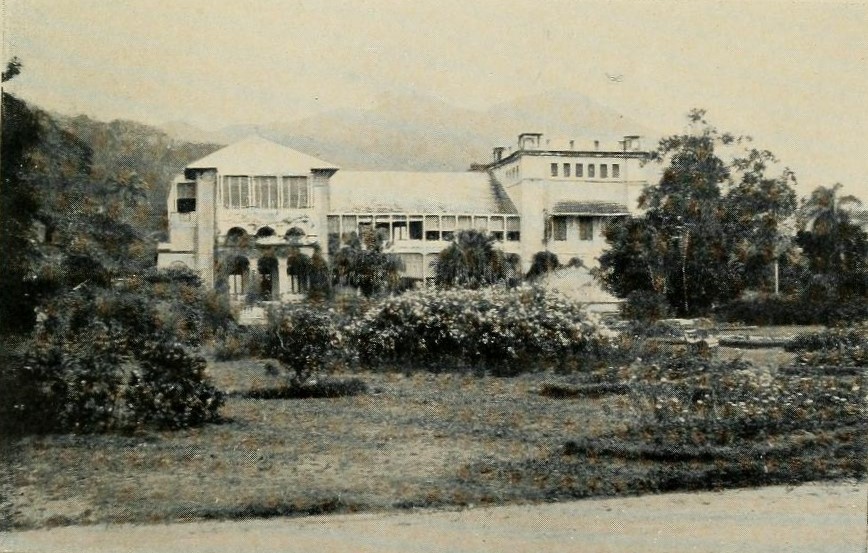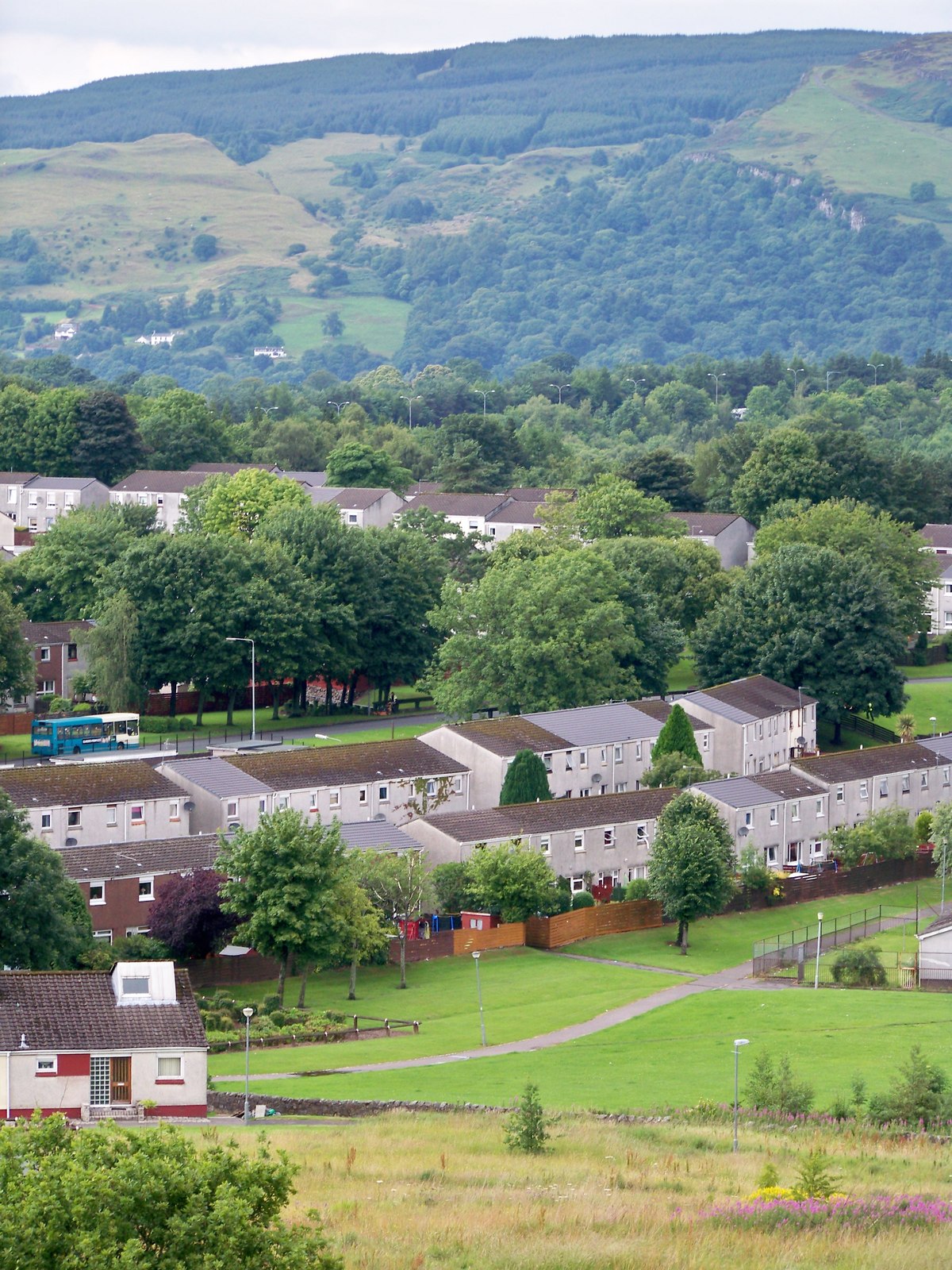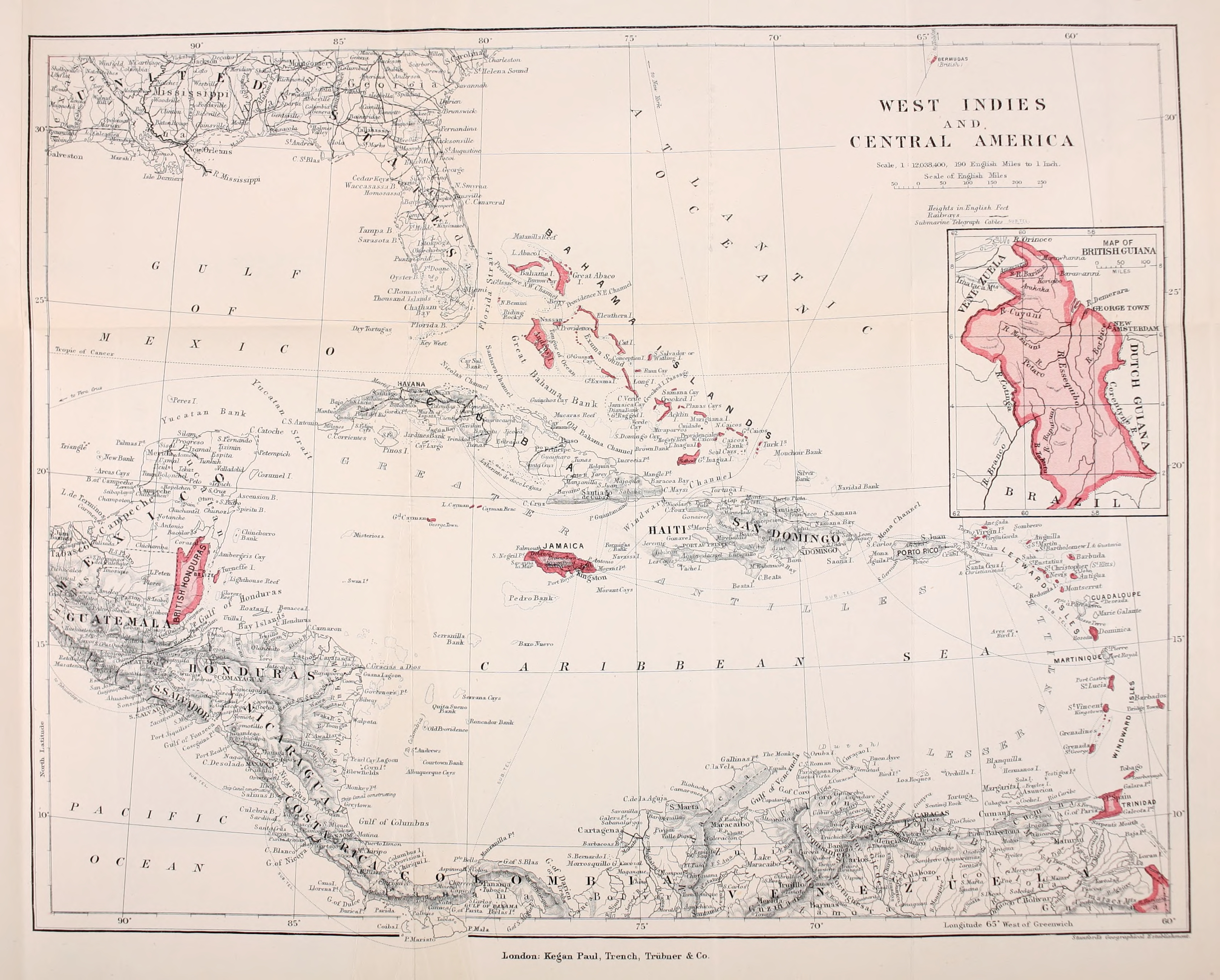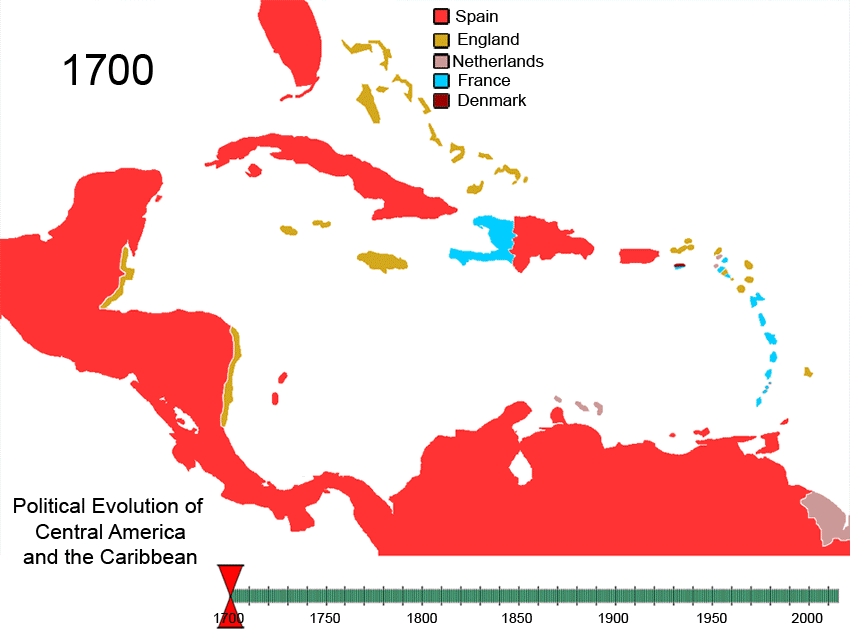|
Federal Parliament Of The West Indies Federation
The Federal Parliament of the West Indies Federation was the bicameral legislature in West Indies Federation from 1958 to 1962. It was established as the legislative body in the intended federation of British Caribbean. One election was held, in 1958 West Indies federal elections, 1958. President of the Senate The upper chamber was called Senate, and it had 19 members, appointed by Governor-General of the West Indies Federation. Speaker of the House of Representatives The lower chamber was called House of Representatives, and it had popularly elected 45 members. See also *West Indies Federation *List of legislatures by country References West Indies Federation British West Indies History of the Caribbean 1958 establishments in North America 1962 disestablishments in North America 1958 establishments in the British Empire 1962 disestablishments in the British Empire 20th-century disestablishments in the Caribbean {{legislature-stub ... [...More Info...] [...Related Items...] OR: [Wikipedia] [Google] [Baidu] |
Port Of Spain
Port of Spain (Spanish: ''Puerto España''), officially the City of Port of Spain (also stylized Port-of-Spain), is the capital of Trinidad and Tobago and the third largest municipality, after Chaguanas and San Fernando. The city has a municipal population of 37,074 (2011 census), an urban population of 81,142 (2011 estimate) and a transient daily population of 250,000. It is located on the Gulf of Paria, on the northwest coast of the island of Trinidad and is part of a larger conurbation stretching from Chaguaramas in the west to Arima in the east with an estimated population of 600,000. The city serves primarily as a retail and administrative centre and it has been the capital of the island since 1757. It is also an important financial services centre for the CaribbeanCIA World Factbook Trinidad an ... [...More Info...] [...Related Items...] OR: [Wikipedia] [Google] [Baidu] |
West Indies Federation
The West Indies Federation, also known as the West Indies, the Federation of the West Indies or the West Indian Federation, was a short-lived political union that existed from 3 January 1958 to 31 May 1962. Various islands in the Caribbean that were part of the British Empire, including Trinidad and Tobago, Barbados, Jamaica, and those on the Leeward and Windward Islands, came together to form the Federation, with its capital in Port of Spain, Trinidad and Tobago. The expressed intention of the Federation was to create a political unit that would become independent from Britain as a single state—possibly similar to the Canadian Confederation, Australian Commonwealth, or Central African Federation. Before that could happen, the Federation collapsed due to internal political conflicts over how it would be governed or function viably. The formation of a West Indian Federation was encouraged by the United Kingdom, but also requested by West Indian nationalists. The territories t ... [...More Info...] [...Related Items...] OR: [Wikipedia] [Google] [Baidu] |
1958 West Indies Federal Elections
Federal elections were held in the West Indies Federation for the first and only time on 25 March 1958. The result was a victory for the West Indies Federal Labour Party, which won 25 of the 45 seats in the House of Representatives. Electoral system Candidates were nominated on 28 February in all unit territories except Trinidad and Tobago, where candidates were nominated on 3 March. The elections were held in a mix of single- and multi-member constituencies. In all territories except Jamaica and Trinidad and Tobago, the constituency covered the entire territory; Antigua and Barbuda elected two, Barbados five, Dominica two, Grenada two, Montserrat one, St Kitts-Nevis-Anguilla two, St Lucia two and St Vincent and the Grenadines two. Jamaica had 17 constituencies based on the 14 parishes and three counties (which overlapped the parishes), meaning voters elected representatives from two levels. In Trinidad and Tobago, the ten seats were based on the counties, some of which were ... [...More Info...] [...Related Items...] OR: [Wikipedia] [Google] [Baidu] |
Governor-General Of The West Indies Federation
The governor-general of the West Indies Federation was a post in the government of the West Indies. The federation, also known as the British Caribbean Federation, consisted of Antigua (with Barbuda), Barbados, Cayman Islands, Dominica, Grenada, Jamaica, Montserrat, St. Christopher-Nevis-Anguilla, St. Lucia, St. Vincent, Trinidad and Tobago, and Turks & Caicos Islands. The federation was formed on 3 January 1958, and was formally dissolved on 31 May 1962. The governor-general was constitutionally required to take advice from the prime minister of the West Indies Federation, but was by far the more powerful and prestigious of the two positions, containing almost all executive authority within the government and containing powers far beyond that of governors-general in the Dominions.''The Growth of the Modern West Indies''. Gordon K. Lewis, Ian Randle Publishers, 2004. Pp. 386-90. Governor-general of the West Indies Federation (1958–1962) References External linksWorl ... [...More Info...] [...Related Items...] OR: [Wikipedia] [Google] [Baidu] |
Allen Montgomery Lewis
Sir Allen Montgomery Lewis (26 October 1909 – 18 February 1993) was a Saint Lucian barrister and public servant who twice served as the country's Governor-General. Early life He was born in Castries and was educated at the Castries Anglican Infant and Primary Schools and Saint Mary's College, Castries. He then studied law at London University and the Middle Temple. He became a member of Castries City Council in 1941, acting as Chairman six times. He was one of the founders and the first president of the Saint Lucia Labour Party in 1950. Before his appointments to the viceregal post, Sir Allen sat on the legislative council (1943–1951) and was a senator in the Federal Parliament of the West Indies Federation (1958–1959). Allen had a distinguished legal career alongside his political accomplishments; he was a judge on the Jamaican Court of Appeal (1962–1967) and the first Chief Justice of the West Indies Associated States Supreme Court (1967–1972). In 1975 he becam ... [...More Info...] [...Related Items...] OR: [Wikipedia] [Google] [Baidu] |
Saint Lucia
Saint Lucia ( acf, Sent Lisi, french: Sainte-Lucie) is an island country of the West Indies in the eastern Caribbean. The island was previously called Iouanalao and later Hewanorra, names given by the native Arawaks and Caribs, two Amerindian peoples. Part of the Windward Islands of the Lesser Antilles, it is located north/northeast of the island of Saint Vincent (Antilles), Saint Vincent, northwest of Barbados and south of Martinique. It covers a land area of with an estimated population of over 180,000 people as of 2022. The national capital is the city of Castries. The first proven inhabitants of the island, the Arawaks, are believed to have first settled in AD 200–400. Around 800 AD, the island would be taken over by the Kalinago. The French were the first Europeans to settle on the island, and they signed a treaty with the native Caribs in 1660. England took control of the island in 1663. In ensuing years, England and France fought 14 times for control of the island, ... [...More Info...] [...Related Items...] OR: [Wikipedia] [Google] [Baidu] |
Arnott Cato
Arnott may refer to: * Arnott (surname) * Arnott, Ontario, Canada * Arnott, Wisconsin, United States *Arnott (automobile), a car made by Arnott's Garages *Arnott's Biscuits, a subsidiary of the Campbell Soup Company of America **Arnott's Shapes, a savoury cracker produced by Arnott's *Arnotts (Ireland), a department store in Dublin *Arnotts (Scotland), a department store in Glasgow *Arnott baronets, a British baronetcy since 1896 *Arnott Air Suspension Products, an aftermarket automobile parts company headquartered in the United States See also *George Arnott Walker-Arnott (1799–1868), Scottish botanist *Robert Arnott Wilson Robert Arnott Wilson (born 1958) is a retired mathematician in London, England, who is best known for his work on classifying the maximal subgroups of finite simple groups and for the work in the Monster group In the area of abstract alge ... (born 1958), group theorist * Arnot (other) {{disambiguation ... [...More Info...] [...Related Items...] OR: [Wikipedia] [Google] [Baidu] |
Barbados
Barbados is an island country in the Lesser Antilles of the West Indies, in the Caribbean region of the Americas, and the most easterly of the Caribbean Islands. It occupies an area of and has a population of about 287,000 (2019 estimate). Its capital and largest city is Bridgetown. Inhabited by Island Caribs, Kalinago people since the 13th century, and prior to that by other Indigenous peoples of the Americas, Amerindians, Spanish navigators took possession of Barbados in the late 15th century, claiming it for the Crown of Castile. It first appeared on a Spanish map in 1511. The Portuguese Empire claimed the island between 1532 and 1536, but abandoned it in 1620 with their only remnants being an introduction of wild boars for a good supply of meat whenever the island was visited. An Kingdom of England, English ship, the ''Olive Blossom'', arrived in Barbados on 14 May 1625; its men took possession of the island in the name of James VI and I, King James I. In 1627, the first ... [...More Info...] [...Related Items...] OR: [Wikipedia] [Google] [Baidu] |
Erskine Ward
Erskine (, sco, Erskin, gd, Arasgain) is a town in the council area of Renfrewshire, and historic county of the same name, situated in the West Central Lowlands of Scotland. It lies on the southern bank of the River Clyde, providing the lowest crossing to the north bank of the river at the Erskine Bridge, connecting the town to Old Kilpatrick in West Dunbartonshire. Erskine is a commuter town at the western extent of the Greater Glasgow conurbation, bordering Bishopton to the west and Renfrew, Inchinnan, Paisley and Glasgow Airport to the south. Originally a small village settlement, the town has expanded since the 1960s as the site of development as an overspill town, boosting the population to over 15,000. In 2014, it was rated one of the most attractive postcode areas to live in Scotland. History Archaeological evidence states that agricultural activity took place within the area as far back as 3000 BC and it has been inhabited by humans since 1000 BC. The first rec ... [...More Info...] [...Related Items...] OR: [Wikipedia] [Google] [Baidu] |
List Of Legislatures By Country
This is a list of legislatures by country. A "legislature" is the generic name for the national parliaments and congresses that act as a plenary general assembly of representatives and that have the power to legislate. All entities included in the list of sovereign states are included in this list. Names of legislatures The legislatures are listed with their names in English and the name in the (most-used) native language of the country (or the official name in the second-most used native language in cases where English is the majority "native" language) List of legislatures Supranational legislatures Legislatures of sovereign states (Member and observer states of the United Nations) Legislatures of autonomous regions, dependencies and other territories Legislatures of non-UN states (including unrecognized and disputed territories) }, Serbian Cyrillic: ) , Unicameral , 4 , , 120 , 15,493 , - , , colspan="2" align="center", Assembly of the Republic (Cumhuriyet Mecli ... [...More Info...] [...Related Items...] OR: [Wikipedia] [Google] [Baidu] |
British West Indies
The British West Indies (BWI) were colonized British territories in the West Indies: Anguilla, the Cayman Islands, Turks and Caicos Islands, Montserrat, the British Virgin Islands, Antigua and Barbuda, The Bahamas, Barbados, Dominica, Grenada, Jamaica, Saint Kitts and Nevis, Saint Lucia, Saint Vincent and the Grenadines, British Guiana (now Guyana) and Trinidad and Tobago. Other territories include Bermuda, and the former British Honduras (now Belize). The colonies were also at the center of the transatlantic slave trade, around 2.3 million slaves were brought to the British Caribbean. Before the decolonisation period in the later 1950s and 1960s the term was used to include all British colonies in the region as part of the British Empire. [...More Info...] [...Related Items...] OR: [Wikipedia] [Google] [Baidu] |
History Of The Caribbean
The history of the Caribbean reveals the significant role the region played in the colonial struggles of the European powers since the 15th century. In 1492, Christopher Columbus landed in the Caribbean and claimed the region for Spain. The following year, the first Spanish settlements were established in the Caribbean. Although the Spanish conquests of the Aztec empire and the Inca empire in the early sixteenth century made Mexico and Peru more desirable places for Spanish exploration and settlement, the Caribbean remained strategically important. From the 1620s and 1630s onwards, non-Hispanic privateers, traders, and settlers established permanent colonies and trading posts on the Caribbean islands neglected by Spain. Such colonies spread throughout the Caribbean, from the Bahamas in the North West to Tobago in the South East. Furthermore, during this period, French and English buccaneers settled on the island of Tortuga, the northern and western coasts of Hispaniola ( Haiti ... [...More Info...] [...Related Items...] OR: [Wikipedia] [Google] [Baidu] |




